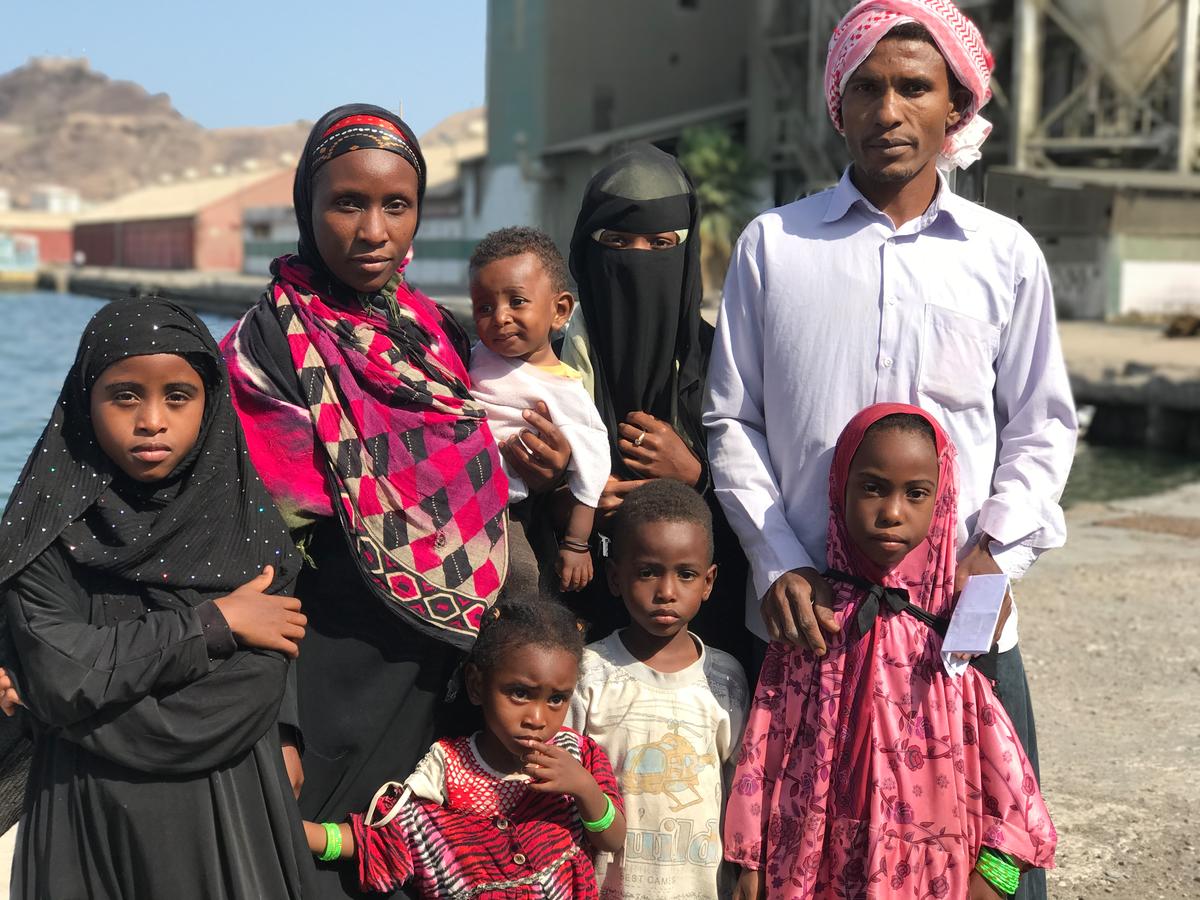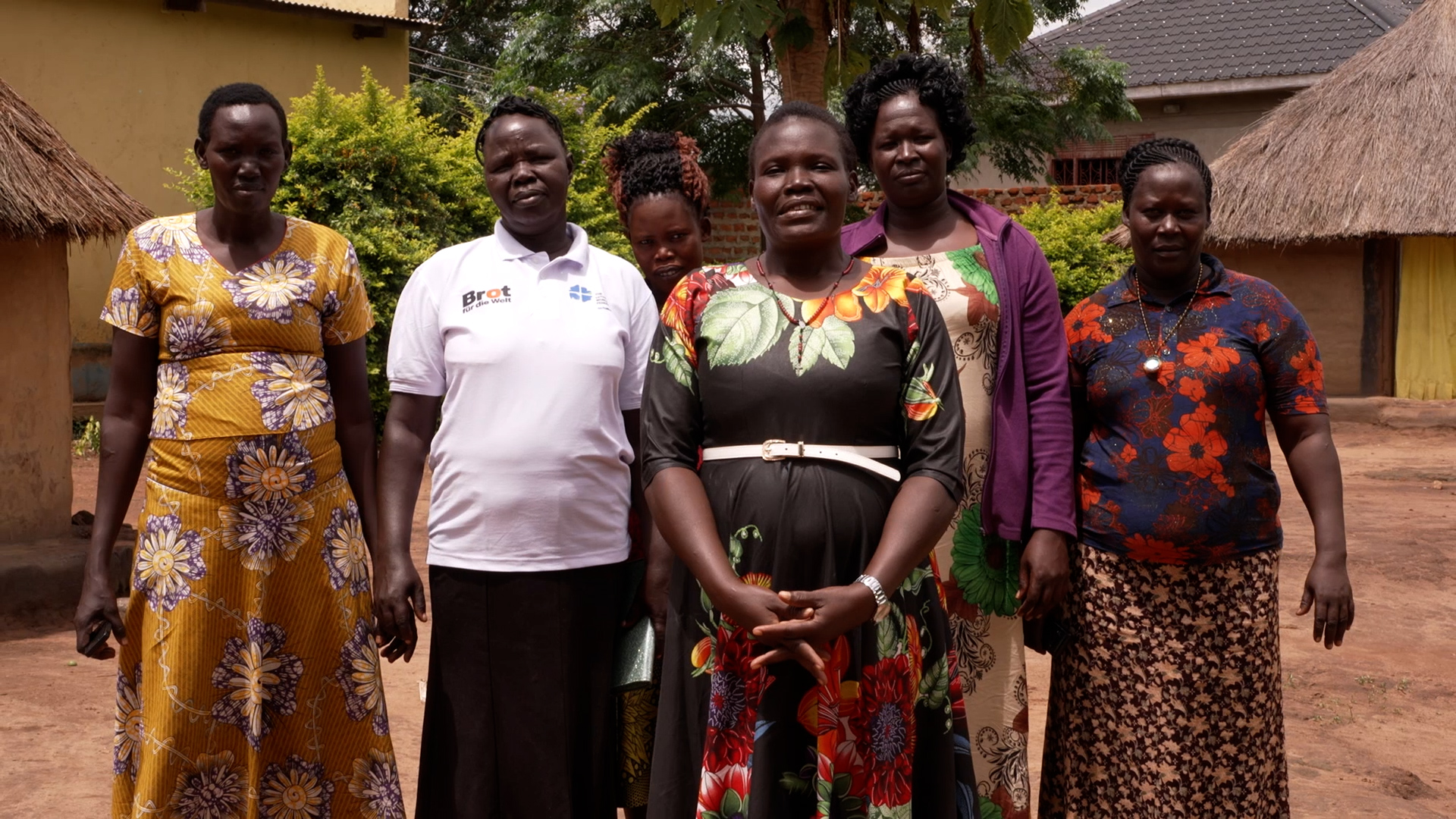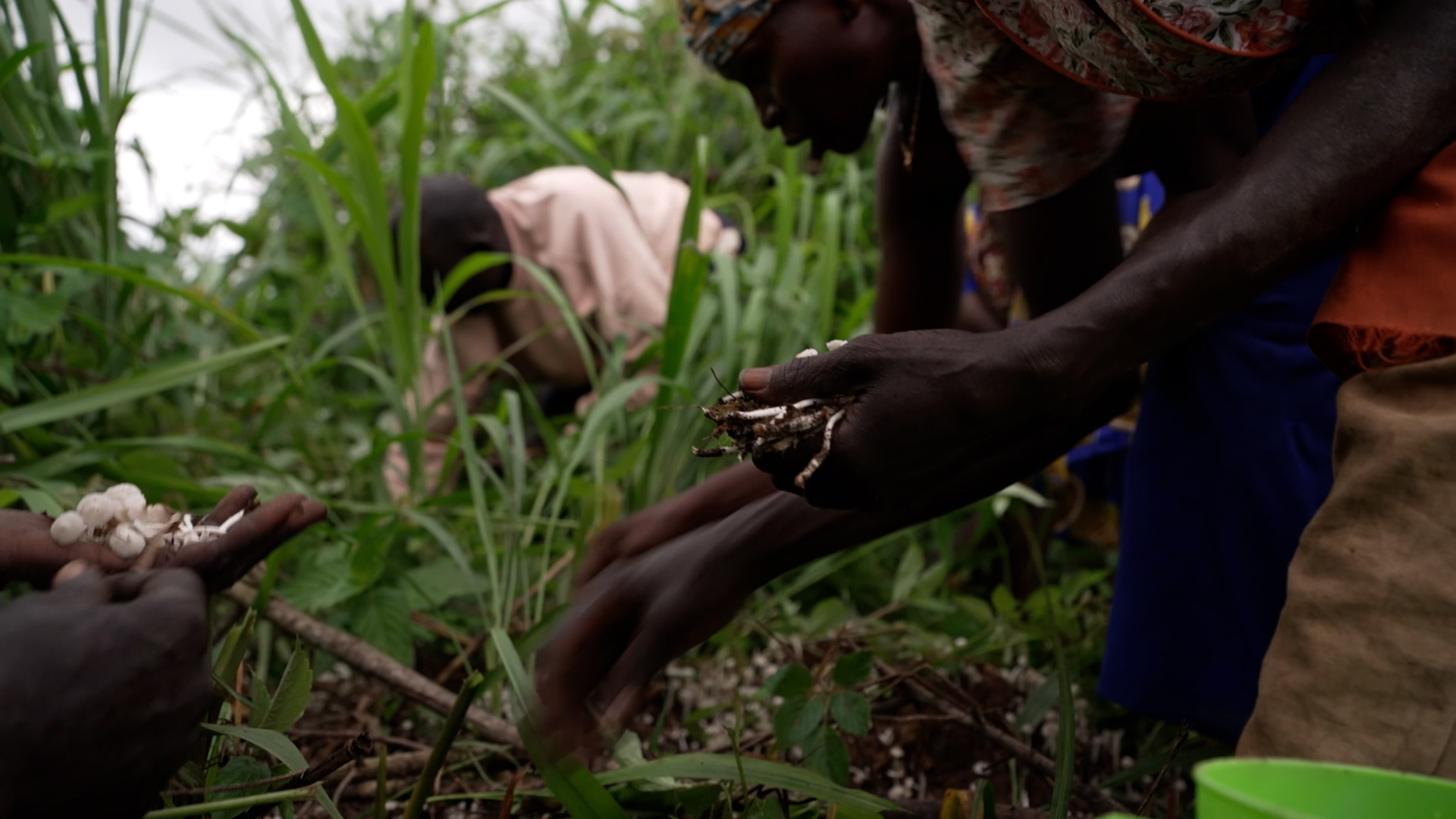UNHCR aids return of over 2,000 Somali refugees from Yemen
UNHCR aids return of over 2,000 Somali refugees from Yemen

Yesterday (Monday, 6 August), a boat carrying 116 Somali refugees arrived in the port of Berbera in Somalia after sailing from Aden in Yemen on Sunday. This is the latest assisted spontaneous return facilitated by UNHCR, the UN Refugee Agency, in cooperation with IOM and the authorities in Yemen and Somalia. With this group, the number of refugees to have returned to Somalia since the programme started in 2017 has surpassed 2,000. So far this year 1,321 Somalis (including the 116 who left on Sunday) have returned to their places of origin in Somalia.
For the past two months, weather conditions had prevented the boat from sailing. Among the refugees were female heads of households looking forward to joining their extended families, several students who are hoping to resume their educations, and a critically ill patient who travelled with his son, family members and a medic.
The Assisted Spontaneous Returns (ASR) programme was initiated in 2017 in response to demand from refugees for UNHCR help in returning home. Yemen currently hosts over 270,000 refugees, the vast majority of whom (256,363) are Somali. Some 45 per cent are hosted in the south of the country, in Kharaz refugee camp – Yemen’s only refugee camp – and in the Basateen urban settlement in Aden. Others are in various locations in the north of the country.
The ongoing conflict in Yemen has affected not just Yemenis but also refugees living among them. UNHCR and partners face significant challenges in ensuring safe living environments, adequate protection, humanitarian assistance and access to essential, life-saving services. Refugees are vulnerable to early marriage, child labour, detention and to the risks of dangerous onward movement. These circumstances have added to the urgent need for UNHCR to increase humanitarian support, mitigate risks and find lasting solutions for these people.
UNHCR has carried out information campaigns to ensure refugees are able to make voluntary and properly informed decisions about returns, especially given the current context in Yemen. Many of those choosing to return home cite difficulties in subsisting and earning a livelihood. Others, especially those who have completed intermediate or secondary school hope to pursue higher education back in Somalia. Under current conditions, such opportunities in Yemen are minimal.
The journey from the port of Aden to Berbera takes some 15-17 hours. UNHCR provides an assistance package to refugees both in Yemen and Somalia. In Yemen, the package includes a multi-purpose cash grant to procure basic necessities for the journey and consolidate any outstanding debts or financial obligations. In-country and international transport assistance is provided by IOM, as well as medical care. UNHCR also facilitates exit permits and travel documentation in cooperation with the Yemeni and Somali authorities. On arrival in Somalia, returnees receive a reinstallation cash grant and an allowance. Returnees also receive a package consisting of household items, food assistance through WFP, and an education allowance for primary school children.
For more information on this topic, please contact:
- In Geneva, William Spindler, spindler@unhcr.org, +41 79 217 30 11
- In Yemen, Amira Abdelkhalek, abdelkha@unhcr.org, +967 (01) 469 771 21 40









